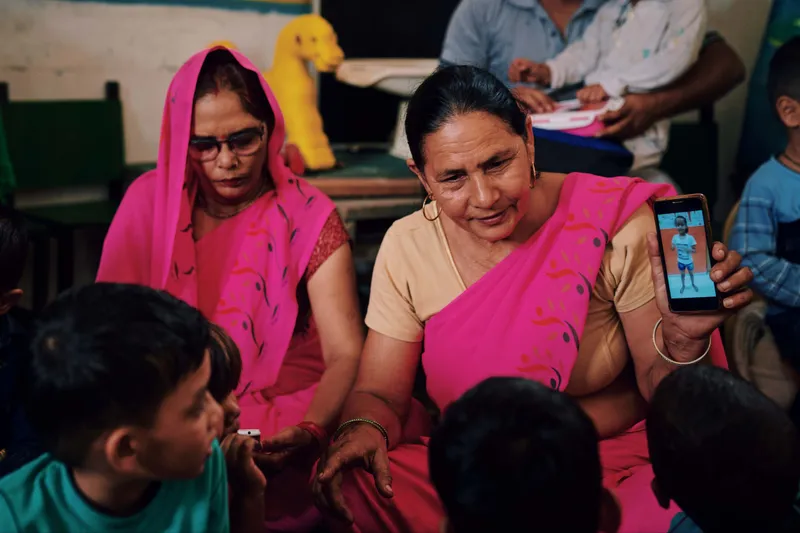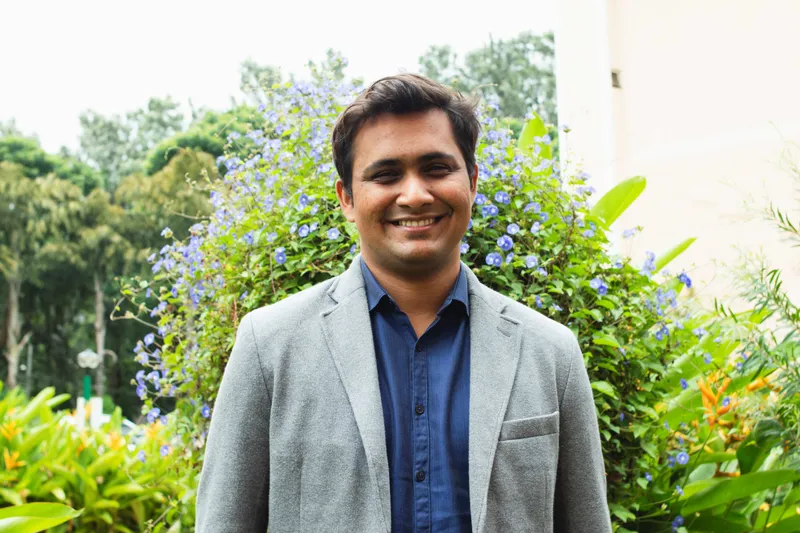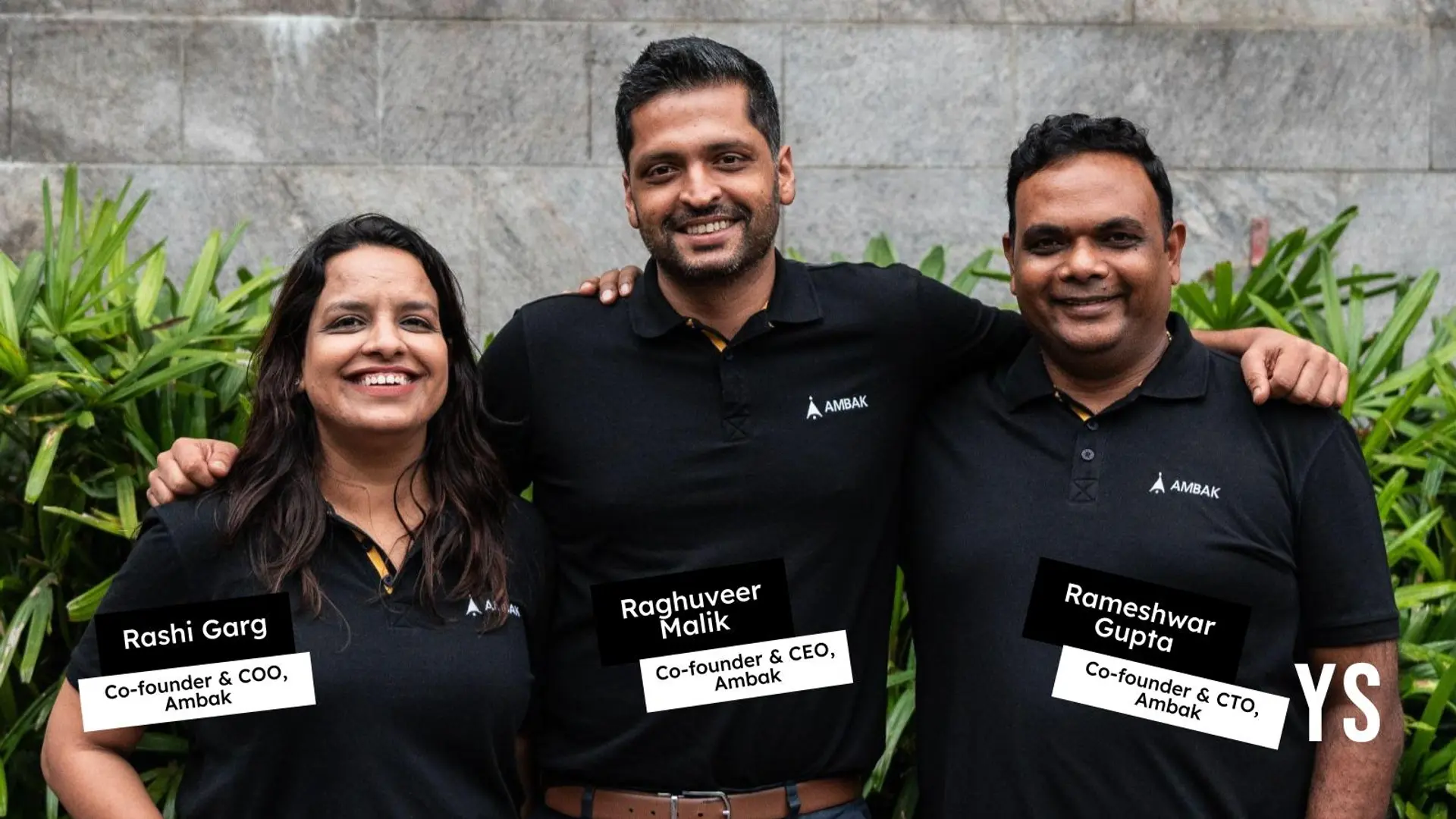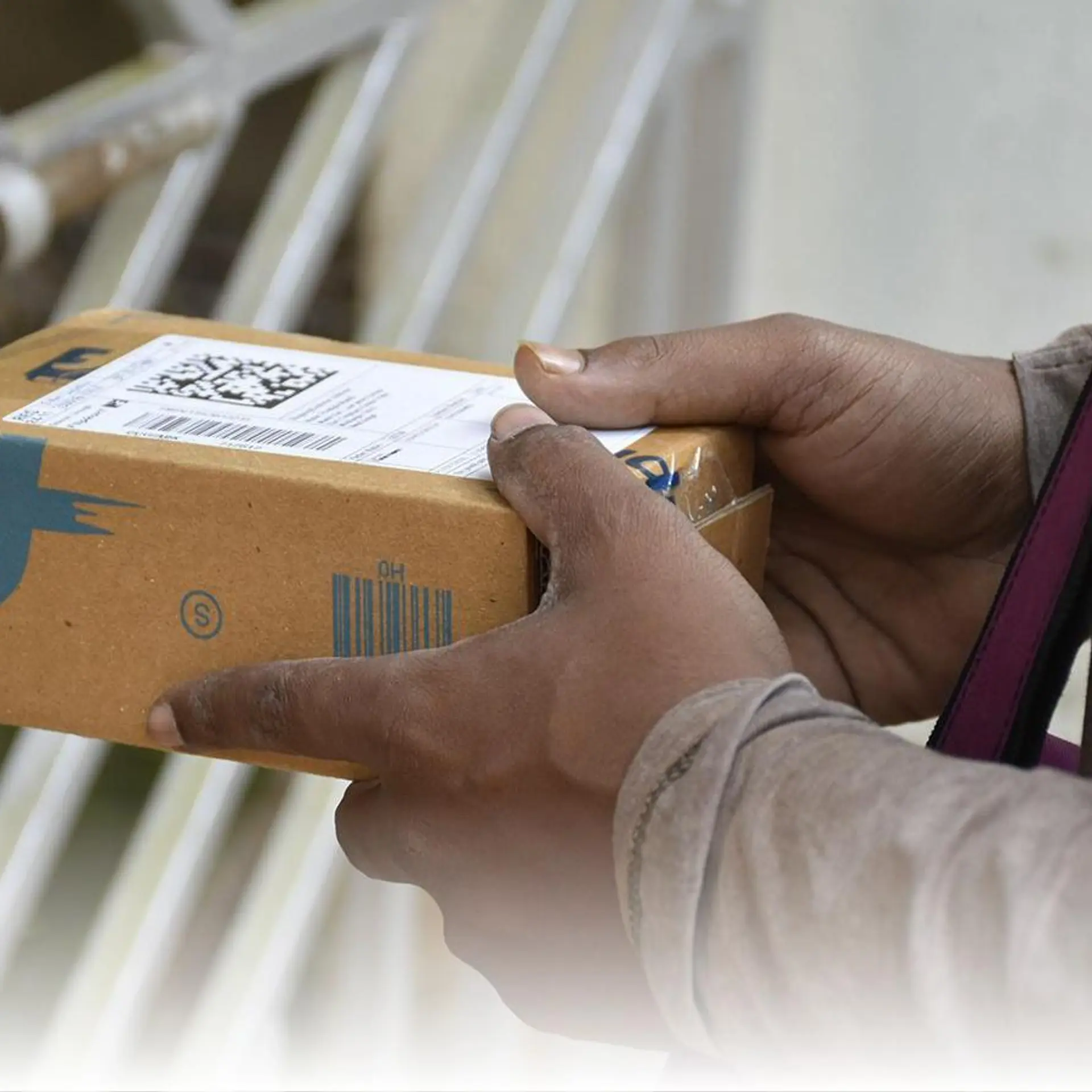Rocket Learning's tech solution for early childhood education empowers anganwadis, parents
With a simple, asynchronous model, edtech non-profit Rocket Learning is strengthening anganwadis and empowering low-income households to provide high-quality early childhood education to kids.
Key Takeaways
- Rocket Learning has created two-minute activity videos less than 5 MB in size. They can be downloaded on WhatsApp by parents and teachers.
- The non-profit offers offline, tactile, play and discovery-based learning to low-income kids using simple annotations and diagrams, customised to their cultural contexts and geographies.
- It has partnered with six state governments. In Aurangabad district, it has onboarded 4,000 anganwadis, impacting 20,000 parents and children.
At a government-run preschool in Uttar Pradesh’s Chandauli district, kids don’t just learn the names of animals by heart but make models of them out of clay. This way, their teachers say, “they can never forget a ‘rabbit’ when they have created one with their own hands.”
In Chandigarh’s Nagla Mohalla Manimajra, Anganwadi worker Anjana creates a ball from discarded cloth strips to help students associate it with the letter ‘B’, as they learn the alphabet. Sharmila, another Anganwadi worker from Chandigarh, has gone from being known as the '‘khichdi didi’ for serving porridge, to being called ‘ma’am’. She has also completed a certified course for Enrolment Client Multi Platform (ECMP, the Aadhar enrolment software) operator-cum-supervisor.
These efforts to reform early childhood education (ECE) are part of edtech non-profit ’s collaboration with the Ministry of Women and Child Development (WCD). The Delhi-based organisation aims to reform ECE and has joined hands with a few state governments to do this.
Since its launch three years ago, the non-profit has taken offline, tactile, play and discovery-based learning to low-income children aged 3-8, empowered Anganwadi workers by inculcating WCD Ministry’s POSHAN Abhiyaan, and enabled mothers to get involved in their child’s foundational education.
POSHAN Abhiyaan—with emphasis on ‘Poshan bhi, Padhai bhi’—was launched in 2018 to improve nutrition and learning among children as well as mothers.

Rocket Learning's two-minute activity videos
Asynchronous learning
When Rocket Learning launched in the thick of the first lockdown in June 2020, smartphones had penetrated the lower socioeconomic demographic. However, mitigating the learning loss caused due to the lockdown was still a challenge.
“Kids were being sent PDF screenshots of their books and 15 to 20-minute-long videos of their lessons. We found that the listening rate for these, as well as their ability to grasp, was poor,” Vishal Sunil, Co-founder and CTO of Rocket Learning, tells SocialStory.
The co-founders—Sunil, along with Namya Mahajan, Azeez Gupta, Siddhant Sachdeva, and Utsav Kheria—teamed up with think-tank Vidhi Legal Centre to study the role of parents, teachers and tech in ECE during COVID-19.
They found that any synchronous model (requiring students to log in and participate in a virtual class at a specific time every week) worsened the learning loss and didn’t benefit those who did not have the infrastructure or awareness to access these technologies. The study also found that Balwadi (rural pre-school) children were twice as likely to continue with edtech asynchronously (learning at their own pace) as compared to a controlled group that received Zoom classes. “And all of them had a much higher positivity score,” says Sunil.

Vishal Sunil, Co-founder and CTO of Rocket Learning
Taking this to heart, Rocket Learning launched an asynchronous ECE and foundational learning school system with a highly simplified digital front-end and sophisticated back-end. The aim was to enable Anganwadi workers and teachers to download two-minute activity videos less than 5 MB in size on WhatsApp and use them anytime during the day.
The lessons are tailored to the cultural context; for instance, the vocal instructions in Hindi are customised to the specific dialect that is spoken in Madhya Pradesh or Rajasthan for the communities in those geographies.
“We were clear that this service isn’t restricted to just those who are tech-savvy. Even in our most rural areas, smartphone penetration is about 70%. And they all use WhatsApp,” says Sunil.
The learning model
Rocket Learning’s exercises include simple annotations and diagrams on alphabet identification, instructional practical exercises such as having a child identify colours in their physical environment, and learning numerics through readily available kitchen ingredients such as lentils or potatoes. The parents and teachers then send back response images and videos of these exercises.
“These are used by us to give them feedback. And to keep up their motivation, we also send them smiley badges, report cards and chocolate emojis,” says Sunil. “We have close to 8.5 crore such interactions, and are part of more than 70,000 digital communities comprising 1.5 million children.”
Through its asynchronous learning model, Rocket Learning wants to create tech-enabled digital teacher-parent communities to also share daily learning content and quizzes—which can be conducted at home and in school. The goal is to ensure engagement through AIM (awareness, information and motivation).
Rocket Learning’s first district launch was in Aurangabad in June 2020, onboarding around 4,000 anganwadis and 20,000 parents and children. They have since partnered with six state governments: Maharashtra, Uttar Pradesh, Uttarakhand, Haryana, and Delhi, and are in early partnerships with Rajasthan and Madhya Pradesh.
Getting deeper engagement
“A third of our user base is active monthly and close to 30% is active weekly. Since we’ve reached over one lakh groups, we are looking towards using AI to assess where the children are, personalise features, and predict behaviours and churn rates,” says Sunil.
“We also want to leverage AI-based machine learning to give qualitative, automated-at-scale feedback, which can tell users how they can do something better, and how a child’s motor skills are at that point. This information would then be fed back into our system and help us serve better content,” he adds.
Edited by Kanishk Singh







